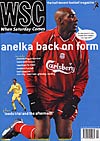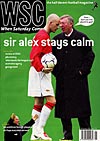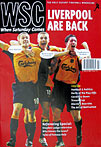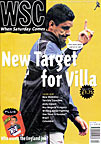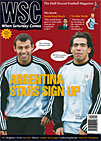 Six points separated the top five come the end of the season as the blue side of Manchester rejoiced. Ed Upright reports
Six points separated the top five come the end of the season as the blue side of Manchester rejoiced. Ed Upright reports
The long-term significance
This was the peak of the post-1966 boom – overall attendances were up by well over a million and 15 top division-clubs saw increases. Manchester United and Coventry set all‑time average records, as did Liverpool, who none the less trailed United and Everton in the attendance standings.
